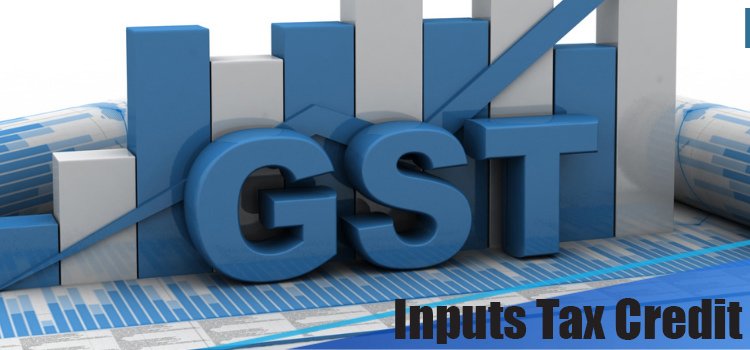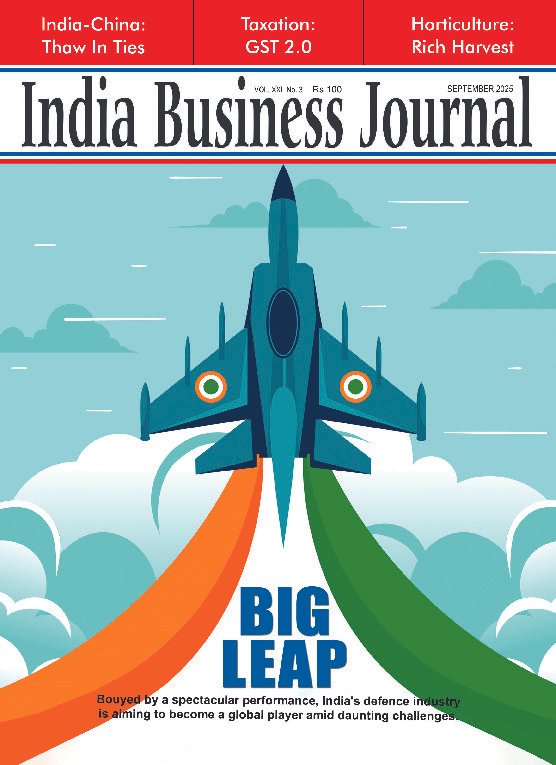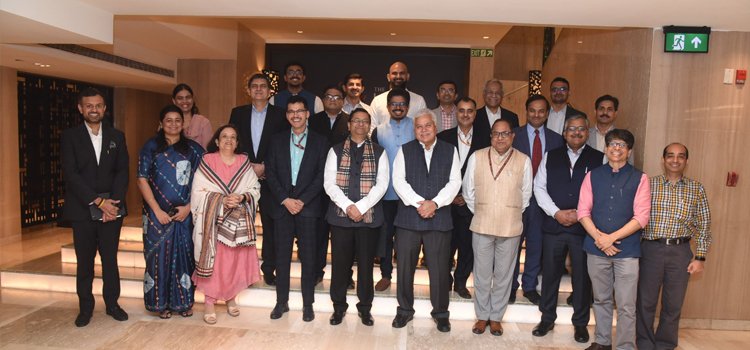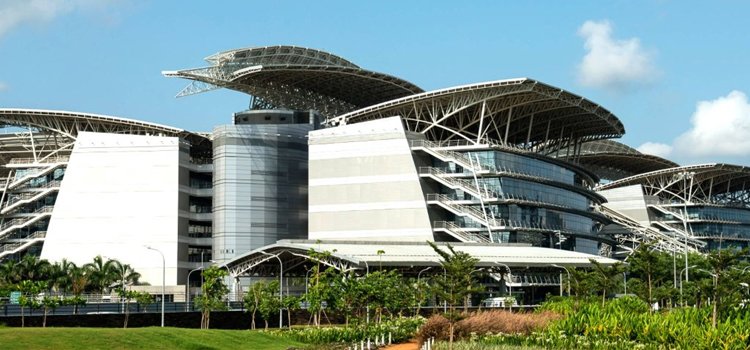MONEY
GST 2.0 continues to roil FMCG distributors, struggling with piled-up ITC
- IBJ Bureau
- Sep 29, 2025

The government’s recent circular has brought clarity on trade discounts and credit notes under the Goods and Services Tax (GST) regime. But it has shifted compliance obligation and cash-flow pressure onto distributors of fast-moving consumer goods (FMCG), experts have said.
Vedika Agrawal, an indirect tax expert at LexVed, notes that the GST Circular 251 makes it clear that financial or commercial credit notes – those issued without GST – do not require distributors to reverse their input tax credit (ITC).
ITC is the tax that a business unit pays on its purchases, which it can claim back to lower the tax it owes when it sells products or services.
“For manufacturers, this (the circular) ensures that past tax payments remain untouched. For distributors, however, the downside is clear. They continue to hold excess ITC balances, which often cannot be fully utilised, effectively locking up working capital,” Ms Agarwal adds.
Another taxation expert Vivek Jalan points out that there is currently no refund mechanism for such accumulated ITC.
“The industry may push for a new refund mechanism, but this would be difficult for the government to allow, given the high risk of misuse,” he adds.
Mr Jalan, a partner at Tax Connect Advisory Services, however, notes that the problem of ITC accumulation at the recipient’s end due to financial credit notes by suppliers may ease once the proposed amendment to Section 15 of the CGST Act—discussed in the 56th GST Council meeting—is notified.
“After the amendment, GST credit notes can be issued even without a pre-sale agreement or invoice linkage. This will ensure that accumulated input tax credit does not remain blocked at the recipient’s end, since ITC reversal at the recipient’s end would be required once the supplier adjusts the output tax. The problem will persist for about a year until this amendment takes effect,” he has said.





















Report By
View Reporter News